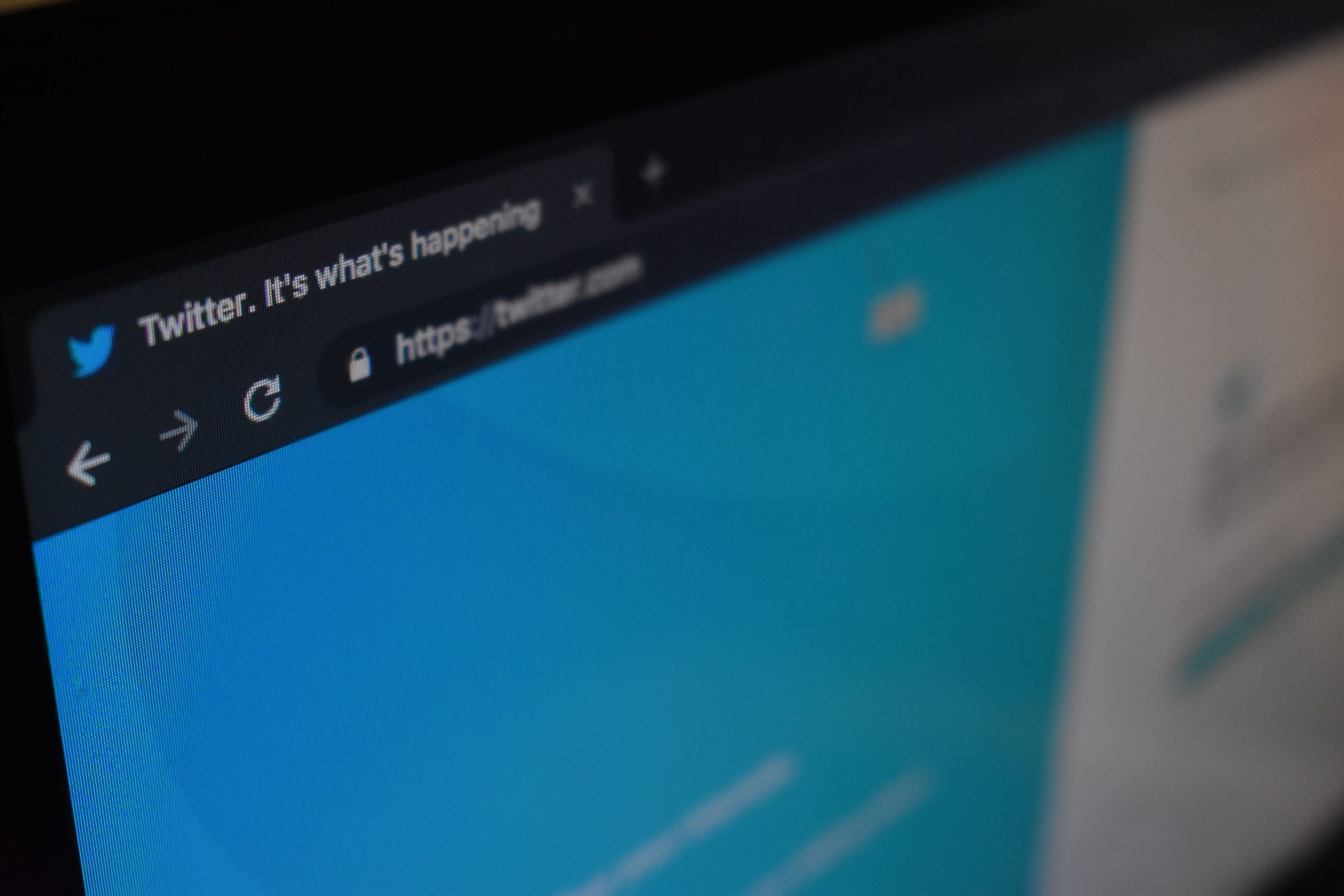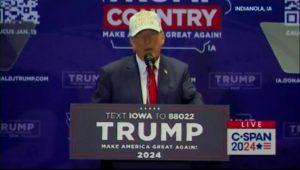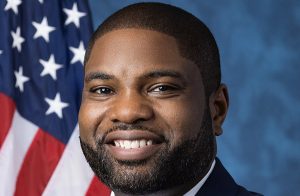Microblogging site Twitter on Thursday said it is tightening the security of high profile politicians, campaigns and journalists ahead of the November 3 US presidential elections.
The social media giant said it is taking a “critical preventative step”, where it will implement more sophisticated systems to detect suspicious activities and ramp up defenses against them. “Implementing these security measures is a critical preventative step,” Twitter’s safety team said in a blog post.
Twitter maintained that it is “focused on keeping high-profile accounts on Twitter safe and secure during the 2020 US election.” This new safety measure by Twitter will cover the accounts of federal and state politicians; political parties; candidates; presidential campaigns, and journalists who cover them.
Also Read | Facebook to curb private groups spreading hate, misinformation
Such accounts, targeted for heightened security, will be required to use a strong password, and Twitter will enable a setting that requires confirmation by phone or email while resetting passwords. The social media giant also encouraged people, managing the targeted accounts, to enable two-factor authentication that requires a back-up validation, for example, a confirmation code sent by text message, when logging in.
The safety team said it was applying lessons learned from earlier incidents. The step comes after hackers in July took over dozens of high profile accounts on Twitter, where it tricked a handful of employees into giving up their credentials, according to the company.
The incident by bitcoin scammers stemmed from a “spear phishing” attack which deceived employees about the origin of the messages, Twitter said. While that massive hack duped people out of money, it sparked concerns that legitimate accounts could be commandeered by malicious characters out to sway elections or cause conflict.
Ahead of US Elections, many social media firms, including Twitter and Facebook, are prepping up to increase security and stop the spread of fake news and misinformation.







